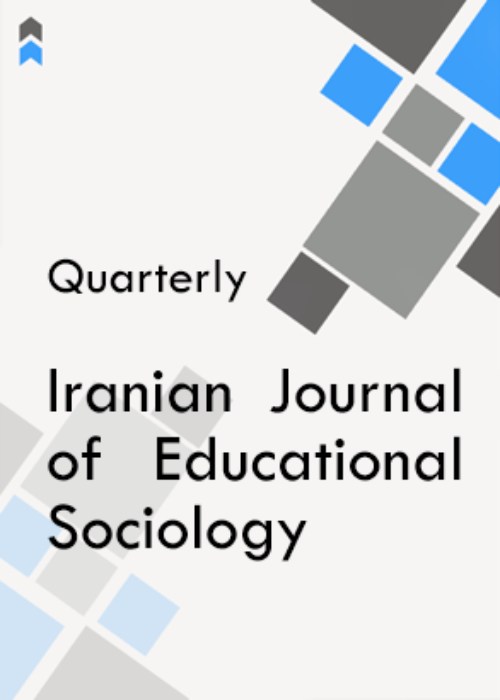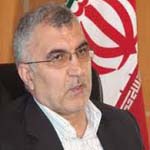The Role of Political Actors in the Process of Brain Rotation in the Educational System and Model Presentation
The aim of this study was the role of political actors in the process of brain rotation in the educational system and model presentation.
In terms of nature and purpose, the present study was in the field of applied research, which was the role of political actors in the process of brain rotation in the educational system and model presentation. In this research, a quantitative research method was used. The statistical population includes all experts who have researched in the field of education, politics and sociology during the years 2019-2020 in North Khorasan province, including 522 people. Sampling method was selected through stratified proportional sampling in terms of region and using trained questionnaires, data were collected in person and the sampling volume using Krejcie and Morgan (1977) table was 192 people were selected. Data collection methods in this study were divided into two categories: library and field. In this study, an expert questionnaire was used to collect research data. In order to estimate the validity of the questionnaire, after calculating the CVR, the number 0.62 was obtained, so it was found that all the questions of the questionnaire had the necessary validity.
In the model obtained in the present study, priority consists of 3 dimensions, 13 components and 52 indicators, respectively. Dimensions of research Developing a model of human resource training based on the rotation of brains in the educational system and presenting a model that is considered and deals with the main structure of the research to achieve the desired result and what was the motive and causes and effects of the components of this elite movement process. . These dimensions are: 1- Effects of pattern on elite migration 2- Factors of elite migration 3- Motivation of model providers to intervene in elite migration.
The fact that the departure of elites from the cycle of service to society is a universal issue, in other words, this issue is not specific to a country or a group of countries. Today, developed and developing countries are grappling with this issue, but studies have shown important developments in this regard, in other words, traditionally selected people and the emergence of developing countries to the country. Developed countries migrated, but today, we are witnessing a wave of migration from developed countries to developing countries.
- حق عضویت دریافتی صرف حمایت از نشریات عضو و نگهداری، تکمیل و توسعه مگیران میشود.
- پرداخت حق اشتراک و دانلود مقالات اجازه بازنشر آن در سایر رسانههای چاپی و دیجیتال را به کاربر نمیدهد.




